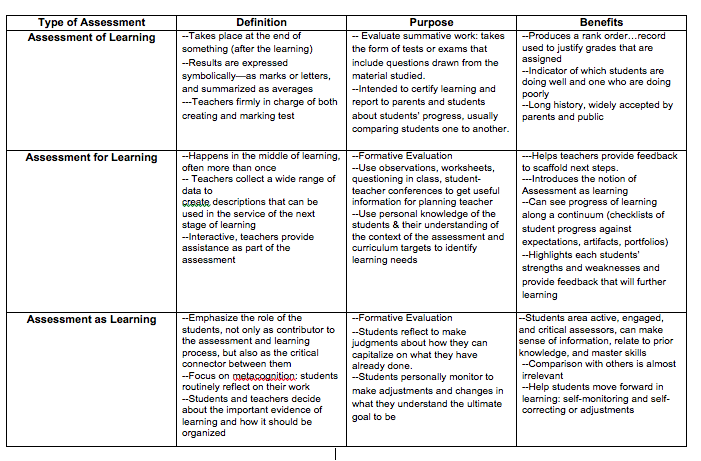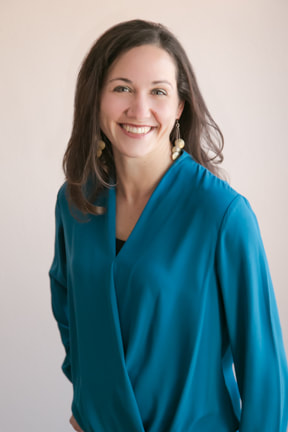|
UA-115346459-1
Who knew teaching was going to be so much more about assessing than about teaching? Really, you can write some pretty awesome, interactive, engaging, and content explosive curriculum, but if you don't know how to assess what the students turn in to you, how are they or you going to know what amount of learning has taken place? It is so true. How often have you gotten to the end of a unit, collected a final assessment, and were paralyzed as you stared at the stack of artifacts needing marking because you realized you didn't actually know exactly what you were looking for in the assessment? It has happened to me. Not always at the end of a unit, but certainly at check-points during a unit of instruction. Through the years I have adapted to a more formative approach of assessment--experience can be the greatest of teachers, right? And if experience is the path that leads me to greater understanding, why do I so frequently forget that the same is true of the darling faces staring at me? Why do I not whole-heartly revamp my lessons to turn over the experience of learning from being completely controlled by me, to being in the hands of my students? I think the answer to that is lengthy and full of excuses, but the three that are highest on the list are: 1) Assessment for and assessment as learning are processes of learning that can be hard grasp, define, understand, or place tangible outcomes to--leaving it hard to explain others. 2) Assessment for and assessment as learning are processes that can look different from student to student, class to class, causing anxiety for those of us who want to know exactly what is going to happen from day to day in our classroom. 3) Assessment for and assessment as learning take T-I-M-E, both in planning and executing. But experience has also taught me that facing the challenges and excuses are worth the effort. And the writing of Loran Earle confirms this. She succinctly defines these assessments, providing definitions, purposes, and benefits. In Chapter 3, "Assessment of Learning, for Learning and as Learning" (see attachment below), Lorna Earle helps to bring a better understanding of the importance and impact of using assessment applicably to the stages of learning that take place during a unit study. The clarifying of Assessment of Learning, vs. Assessment for Learning, vs Assessment as Learning, lead to a better understanding of differing purposes and outcomes of each from of assessment. As a quick reference I have created the below chart: (based on Earle's text) I think the greatest obstacle I needed to overcome in order to create learning through assessment, was to shift my thinking. I needed to let go of the idea that everything that students created needed to be evaluated and graded. I thought that if I didn't do this, they wouldn't do their work. But doing their work and learning are not synonymous--so, I learned. I also had to learn that learning was the goal, not recording of letters and numbers in a grade book. Thankfully, I was in a teaching environment that pushed me toward separating out formative and summative assessments. To value both, to incorporate both, but to focus on the process and place only those assessments that were summative in the grade book, while still recording the formative work to have as evidence of progress (and perhaps as motivation for completion). I still have a lot to learn and practice in regards to adopting assessment as learning practices (letting the learning fall into the students' hands seems so scary and unpredictable at first). But the more I read texts like Earle's the more I am motivated to continue forward in the process of learning to engage the learners in their own journey of learning. Questions for thought:
2 Comments
Krista Detloff
3/19/2014 01:29:08 pm
When I saw your question about keeping two grade books, it reminded me of report cards in elementary school where there were categories for things like participation, staying on task, etc. and the teacher marked "satisfactory" and "needs improvement." At the high school level, we are able to put in a letter grade and mark "exemplary" or "needs improvement" but it doesn't really specify in what. I think two grade books would be tough - I have a hard time keeping mine up to date every week - but I also think it would be beneficial. I am not sure what it would look like at the high school level, but it would be interesting.
Reply
Todd Kuhn
3/22/2014 02:38:42 pm
Sorry for the late reply, my youngest ended up in the hospital for a couple days this week. She is doing much better.
Reply
Leave a Reply. |
Jaclyn LoweenEDUCATION Links to all the, Go and See Study, sessions.
Archives
June 2018
|
||||||


 RSS Feed
RSS Feed